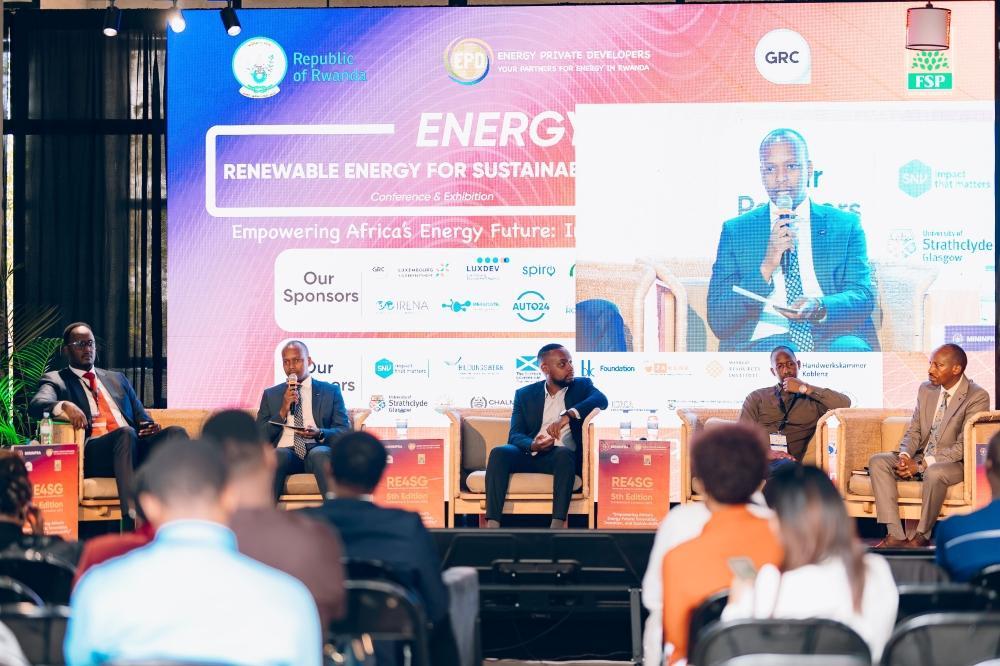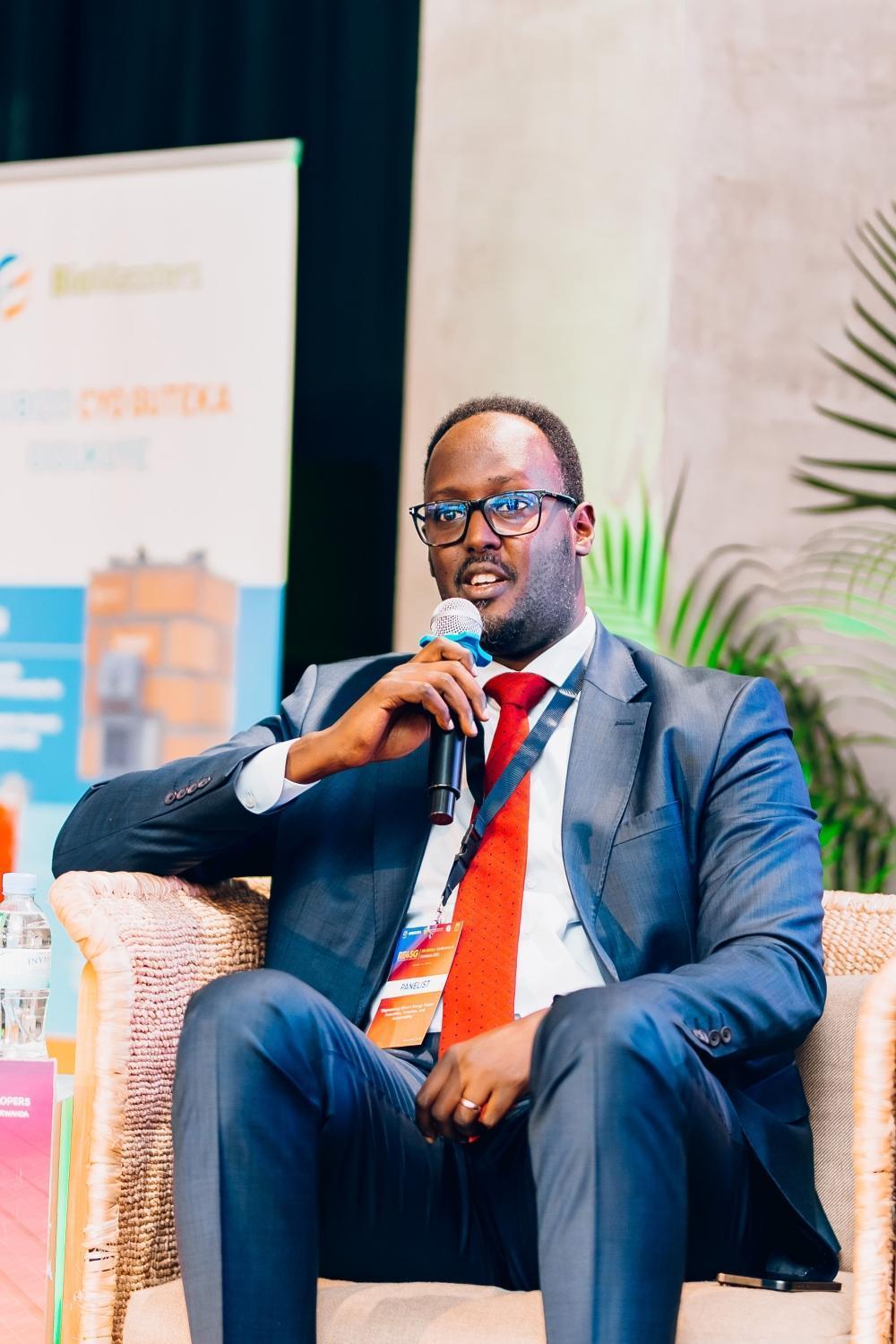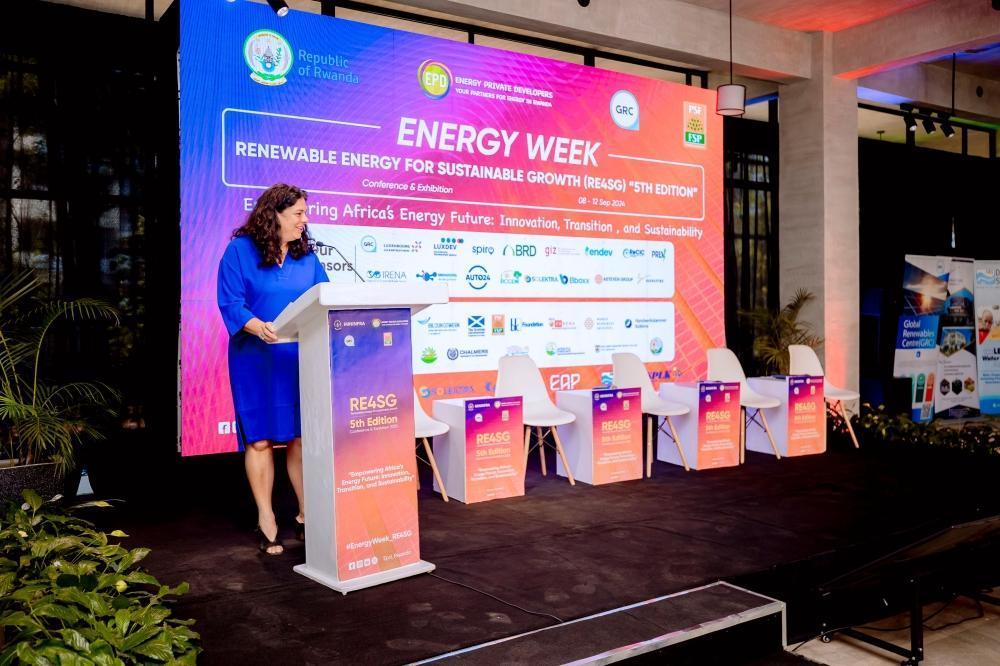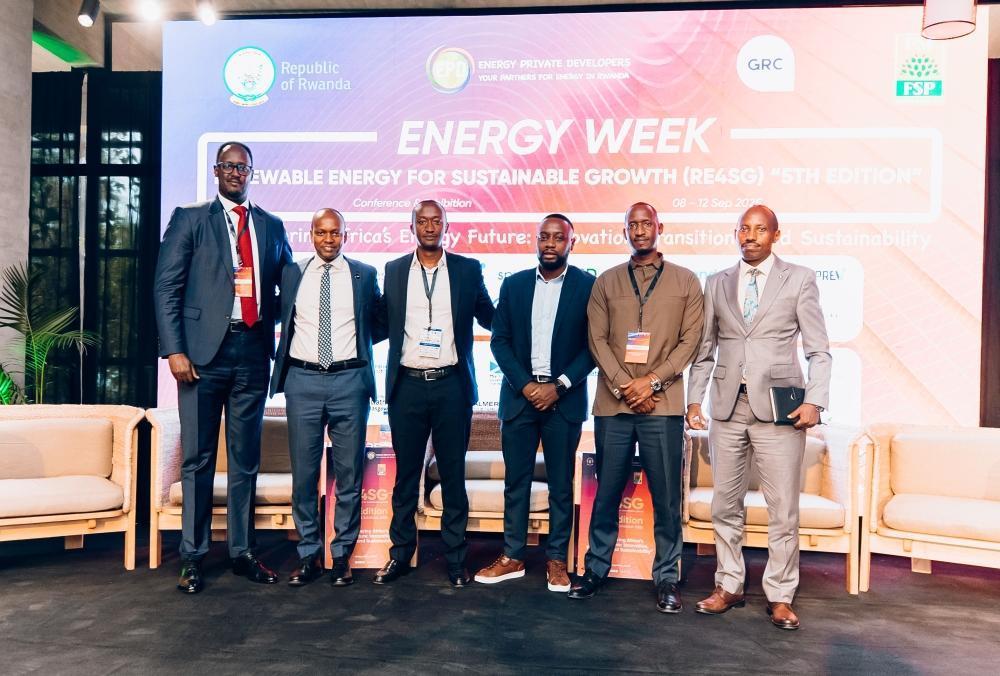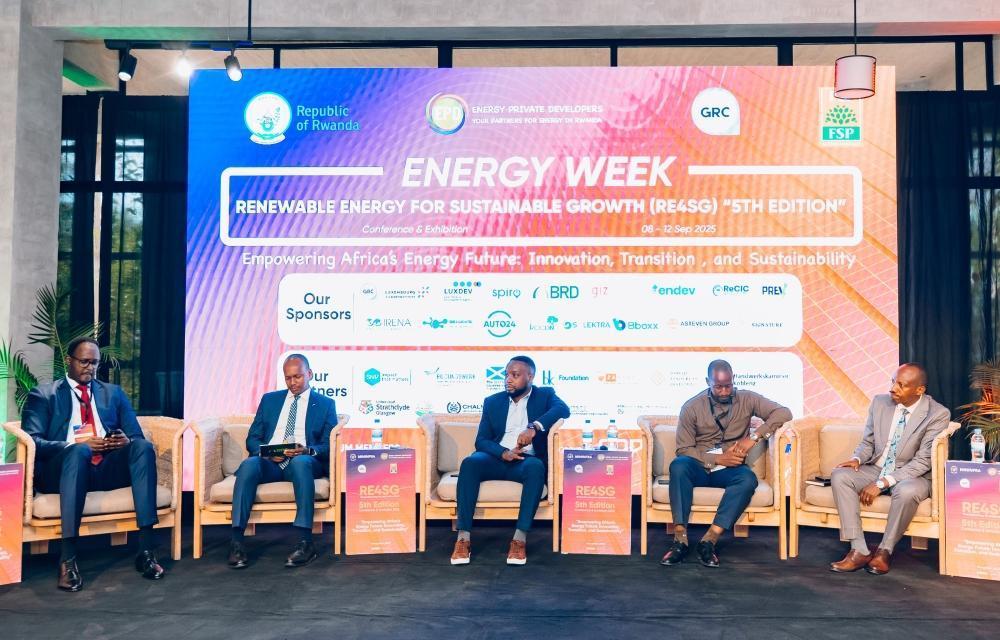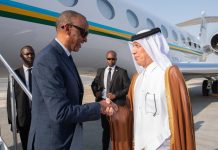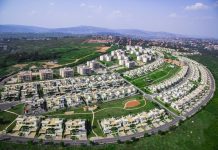Africa-Press – Rwanda. This week from September 08 to 12, Kigali is hosting the 5th edition of Energy Week, RE4SG, a platform bringing together policymakers, innovators, investors, and industry leaders to accelerate Rwanda’s energy transition.
Rwanda’s energy story is one of ambition and urgency. The country has made remarkable progress, over 82% of households are now connected to electricity, a leap driven by both on-grid expansion and off-grid solar. The government’s National Strategy for Transformation (NST2) aims to achieve universal access while promoting clean cooking solutions, diversifying the energy mix, and strengthening resilience. But meeting these targets requires more than infrastructure and technology; it requires capital, trust, and innovative financing.
That’s where the financial sector steps in, and where Bank of Kigali is taking a leading role. With over Rwf 61 billion currently invested in the energy sector through facilities supporting projects such as Rukarara VI Hydropower Plant, Gazmeth Energy, Ngali Energy, and EUCL, the bank has positioned itself as a reliable partner for both large-scale generation and community-driven initiatives. Its portfolio spans hydropower, methane gas, solar, and clean energy distribution, mirroring Rwanda’s own diversified strategy.
Beyond this, the BK Foundation continues to be instrumental in community electrification, connecting households, schools, and health centers to off-grid solutions. Energy access is not only about megawatts, but about livelihoods, opportunity, and inclusion.
Still, challenges remain. Rwanda’s energy sector must navigate high capital costs, foreign exchange risks, and the need for longer-term local currency financing. Many projects are small-scale and fragmented, making them less attractive to traditional investors. Clean cooking, which still relies heavily on biomass, faces perhaps the biggest financing gap of all. Addressing these issues calls for blended finance, innovative risk-sharing models, and strong partnerships between government, private investors, and banks.
Levi Gasangwa, Bank of Kigali’s Chief Business and Corporate Solutions speaks at the Energy Week conference.
Speaking at the Energy Week conference, Levi Gasangwa, Bank of Kigali’s Chief Business and Corporate Solutions, emphasised: “To achieve a just and sustainable energy transition, we must unlock investment that balances national ambition with affordability. As a bank, our role is to create pathways that make energy projects bankable, scalable, and impactful.”
For Bank of Kigali, this is more than an economic opportunity, it is a national duty. By aligning its financing strategy with Rwanda’s Vision 2050 and NST2, the bank is helping to build the backbone of a greener, more inclusive economy. Energy is the spark that powers industries, classrooms, hospitals, and innovation hubs. Without it, growth stalls. With it, Rwanda can leapfrog into a future defined by sustainability and prosperity.
As the conversations unfold during Energy Week, one thing is clear: financing is as critical as technology in driving Rwanda’s energy transition. Bank of Kigali’s role is not only to provide capital, but to be a catalyst, bridging ambition with execution, and ensuring Rwanda’s energy future is both bright and inclusive.
Belén Calvo Uyarra, the Ambassador of the European Union to Rwanda. The country has made remarkable progress, over 82% of households are now connected to electricity.
Officials pose for a photo at the Energy Week conference.
Panelists during the 5th edition of Energy Week, RE4SG in Kigali on September 9.
For More News And Analysis About Rwanda Follow Africa-Press

